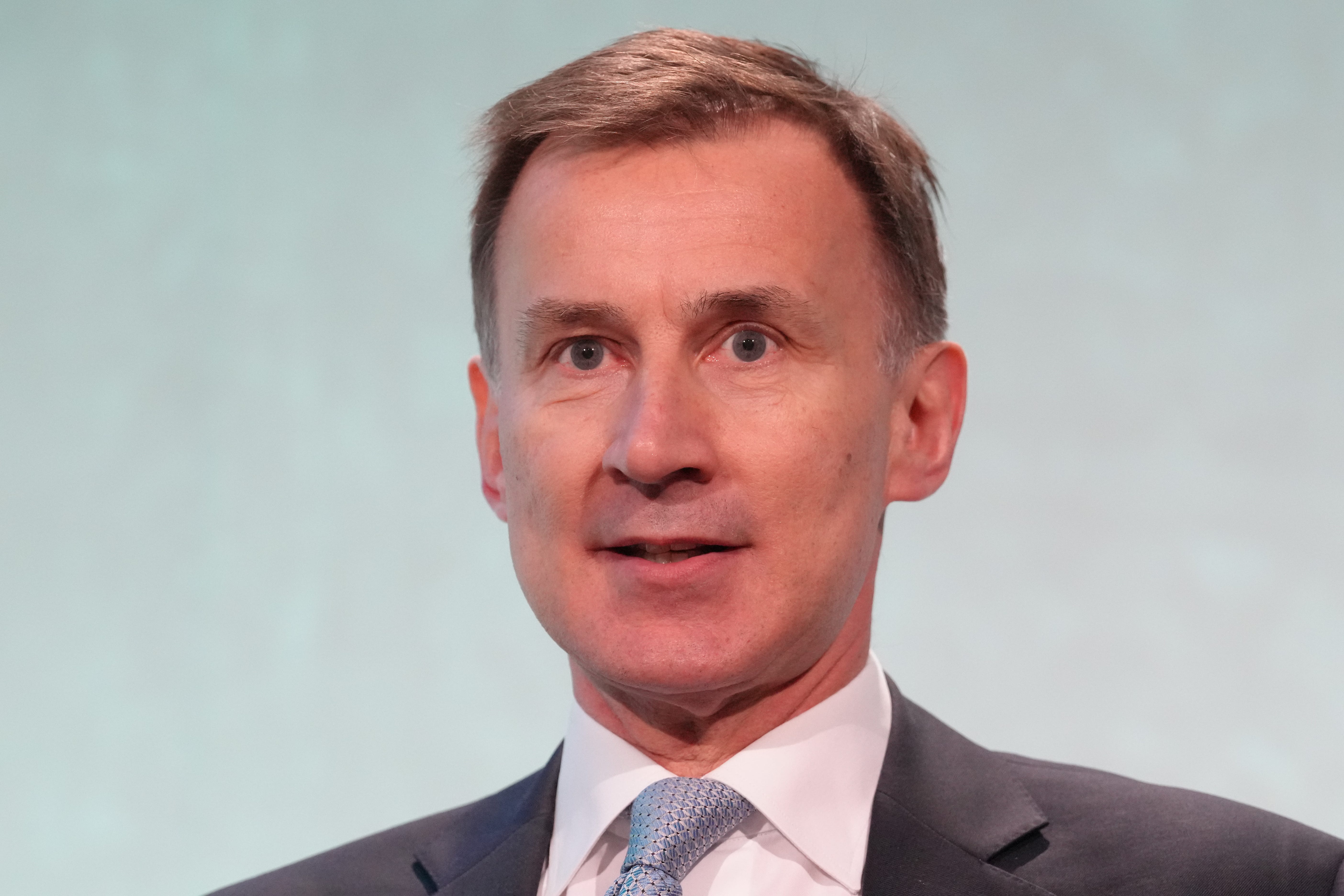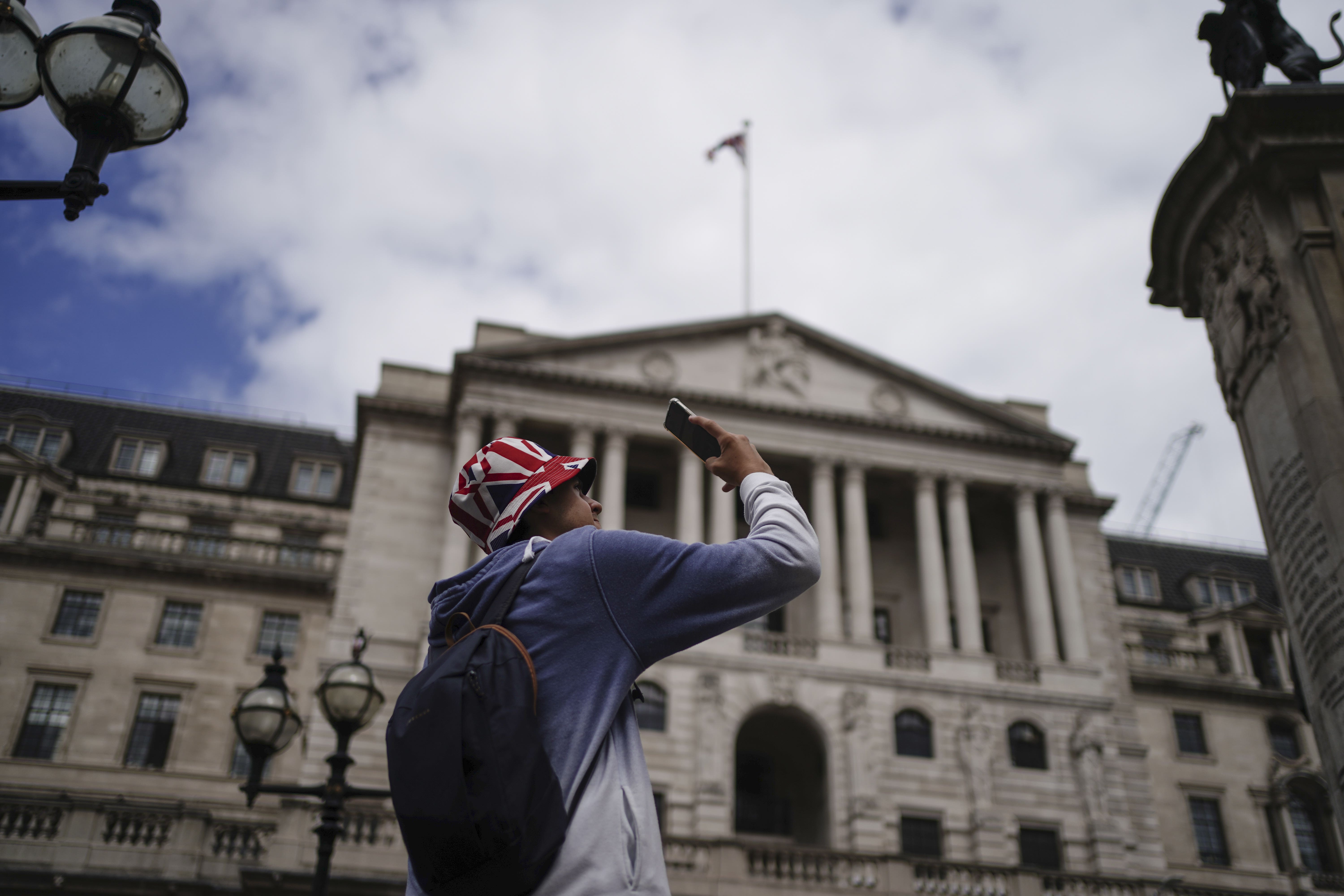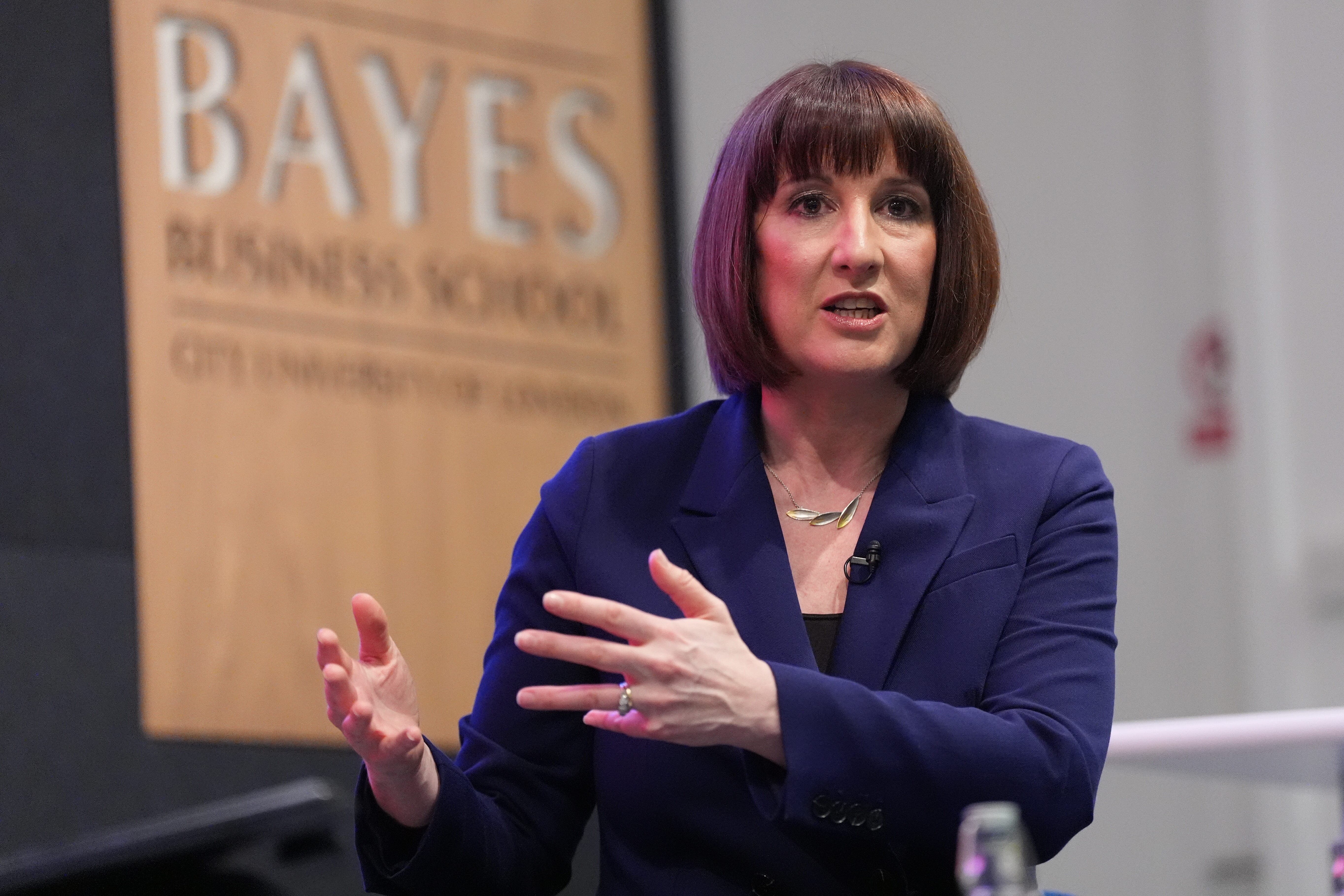UK did go into recession at the end of 2023, according to new ONS figures
The new figures follow a period of no growth between July and September 2023, according to the ONS

Your support helps us to tell the story
From reproductive rights to climate change to Big Tech, The Independent is on the ground when the story is developing. Whether it's investigating the financials of Elon Musk's pro-Trump PAC or producing our latest documentary, 'The A Word', which shines a light on the American women fighting for reproductive rights, we know how important it is to parse out the facts from the messaging.
At such a critical moment in US history, we need reporters on the ground. Your donation allows us to keep sending journalists to speak to both sides of the story.
The Independent is trusted by Americans across the entire political spectrum. And unlike many other quality news outlets, we choose not to lock Americans out of our reporting and analysis with paywalls. We believe quality journalism should be available to everyone, paid for by those who can afford it.
Your support makes all the difference.Britain’s gross domestic product (GDP) decreased slightly in the period between October and December last year, official figures show.
The Office for National Statistics (ONS) revealed the recession the UK entered in the latter half of 2023 was slightly less severe than first thought, with the GDP falling by 0.3 per cent following a period of no growth between July and September 2023.
The economy still shrunk for two quarters in a row, the definition of a recession, but the total contraction over that six-month period dropped from 0.5% to 0.4%.
Responding to Office for National Statistics gross domestic product quarterly national accounts, Chancellor Jeremy Hunt said: “Last year was tough as interest rates had to rise to bring down inflation, but we can see our plan is working.
“Inflation has fallen decisively from over 11% to 3.4%, the economy grew in January and real wages have increased for eight months in a row.

“Our cuts to National Insurance will boost growth by rewarding work and putting over £900 a year back into the average earner’s pocket.”
Labour’s shadow chancellor Rachel Reeves said the ONS confirmation that Britain has entered a recession showed the Tories cannot claim their plan on the economy is working.
“Rishi Sunak has broken his promise to grow the economy and left Britain in recession with working people paying the price,” she said.
“The Conservatives cannot claim that their plan is working or that they have turned the corner on more than fourteen years of economic failure. It is time for a change.”
Today’s figures are unrevised from the statisticians’ previous estimates. However small revisions not visible in the headline figures, which are rounded to one decimal place, meant that the cumulative decline in the two quarters was 0.4%, rather than a previously estimated 0.5%.
The Liberal Democrats responded to the figures by saying the government has “no plan for growth”, with Treasury spokesperson Sarah Olney saying: “These damning figures confirm the damage done to the UK economy by Rishi’s recession. This Conservative government has no plan for growth or to help families paying the price for years of economic chaos through soaring mortgages and rents.”

It comes after the quango estimated GDP had risen by 0.2 per cent in January, following a predicted decline of 0.1 per cent in December last year.
At the time, it said a strong month for retail sales helped drive growth in January, with consumers making the most of post-Christmas sales and spending more in supermarkets.
The services sector, which also includes industries like hospitality, culture and leisure, grew by 0.2 per cent during the month and was the largest contributor to the rise in GDP, the ONS estimated.
It was also said to have been helped by improved activity for housebuilders, thanks to new work and repair and maintenance jobs, following a sluggish year for the wider housing market.
GDP per head is the amount of economic output split across the total population and shrank by 0.7 per cent in 2023, according to the ONS.
Join our commenting forum
Join thought-provoking conversations, follow other Independent readers and see their replies
Comments